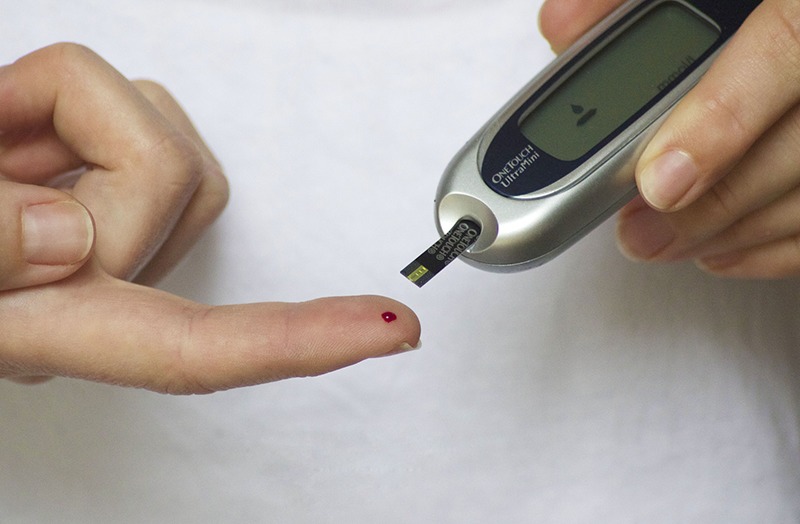In its new set of clinical standards, the American Diabetes Association (ADA) recognizes the use of autonomous artificial intelligence (AI) for the screening of some medical conditions. Experts believe the move could help some skeptics change their minds when it comes to using AI in clinical care.
Related John Hancock Collaborating with Verily and Onduo for Virtual Diabetes Management
The ADA’s 2020 Standards of Medical Care in Diabetes states that, “AI systems that detect more than mild diabetic retinopathy and diabetic macular edema authorized for use by the FDA represent an alternative to traditional screening approaches.”
To date, IDx-DR is the first and only FDA-authorized autonomous AI diagnostic system for the detection of diabetic retinopathy and macular edema. It is currently in use at a number of large health systems that each serve tens of thousands of people with diabetes and have struggled to implement diabetic retinopathy eye exams at scale for their large diabetes population, says a press release.
“The ADA’s inclusion of our technology in its Standards of Care marks a significant move toward mainstream adoption of autonomous AI in clinical care,” said Michael Abramoff, MD, PhD, Founder and Executive Chairman at IDx. “Our early customers are visionary leaders who foresaw that autonomous AI would one day become a standard of care for diabetic retinopathy screening, and taking that leap is paying off for them. Already, health systems that are using IDx-DR have experienced significant improvements in accessibility, efficiency and compliance rates, unleashing massive potential for cost savings and improved patient outcomes.”

The Standards of Care were published last week in Diabetes Care, the highest-ranked, peer-reviewed journal in the field of diabetes treatment and prevention. Physicians, healthcare systems, health insurers and quality of care organizations look to the ADA’s Standards of Care for consensus and evidence-based best practices to improve health outcomes for people with diabetes.
Related Stanford’s Artificial Intelligence Institute Aims to Put Humans at the Center of this Field
The ADA’s Standards of Care, is intended to provide clinicians, patients, researchers, payers, and other interested individuals with the components of diabetes care, general treatment goals, and tools to evaluate the quality of care. The Standards of Care recommendations are not intended to preclude clinical judgment and must be applied in the context of excellent clinical care, with adjustments for individual preferences, comorbidities, and other patient factors, ADA says.












